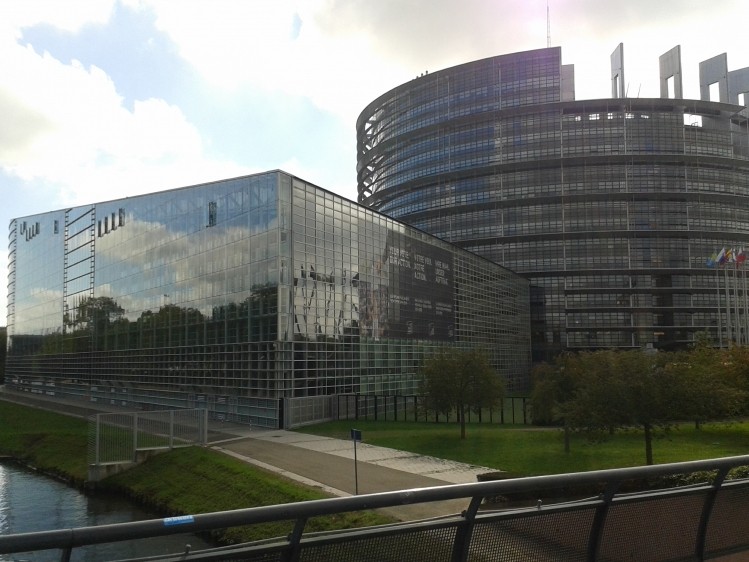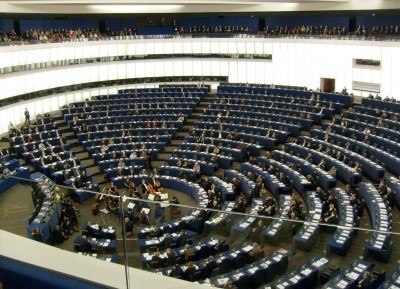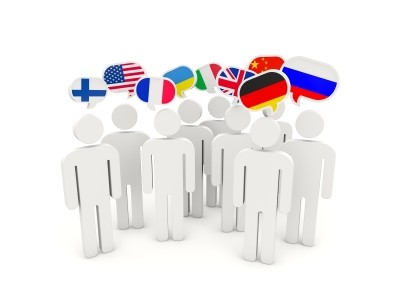update
EU trade secret proposals could help pharma avoid publishing trial results says NGO

A report on the European Union Trade Secret Directive was adopted by the JURI today, triggering informal discussions that will see members of the European Parliament vote on the plan before the end of the year.
The proposed rules are intended to “help businesses obtain legal redress against theft or misuse of their trade secrets” according to French MEP Constance Le Grip from the centre-right Group of the European People’s Party.
Le Grip said: “Fighting against economic and industrial espionage, and giving companies the means to protect their know-how and professional information against any unlawful acquisition throughout Europe provides better protection for innovation, competitiveness and employment in Europe.
“At the same time, we have substantially amended and improved the initial text since it is all the more crucial to protect fundamental freedoms and guarantee the full exercise of freedom of expression and information, starting with media freedom and pluralism, but also to guarantee workers' professional mobility.”
'Trade secret'
But critics like Amsterdam-based NGO Health Action International (HAI) say the definition of ‘trade secret’ is too broad and suggest that drugmakers could use it to avoid disclosing clinical trial data.
HAI policy advisor Tessel Mellema told us "A stricter definition of ‘trade secret’ is needed in the Directive. The current definition is too broad. A company could deem virtually anything as such. Biomedical research data, particularly medicines safety and efficacy data, should be excluded from the definition. Public access to this data helps save lives and improves the sustainability of health systems."
She added that: "Drugmakers have principles with respect to data sharing, but these don’t go far enough. Pharmaceutical companies fought the implementation of the EU Clinical Trials Regulation and the European Medicines Agency’s policy on clinical data publication.
"In addition, when the Commission announced the Trade Secrets Directive, EFPIA said that almost every aspect of pharmaceutical R&D could be considered commercially confidential. We therefore expect companies will be will be keen to use any opportunity that gives them increased legal means to claim protection of what they consider to be commercially confidential information.
EFPIA did not respond to a request for comment.
UPDATE:
Since this article was published EFPIA has contacted us to say "EFPIA has stated from the beginning of the discussions that the consideration of how EU and national institutions should deal with the know-how and business information entrusted with them is not within the scope of this Directive (initial Recital 9).
"The TS Directive should and will have no impact on companies' obligations under the CTR or EMA Policy. The text adopted this morning includes further amendments to that effect."


















